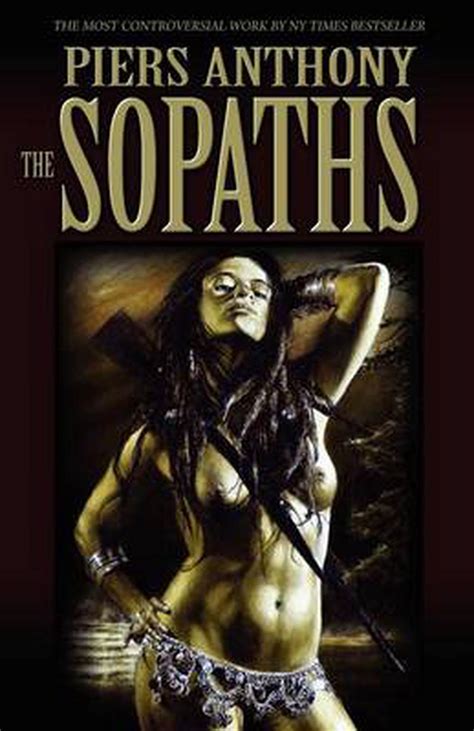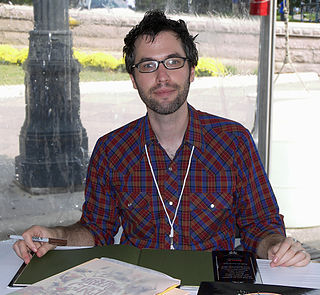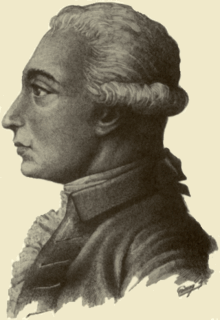A Quote by Piers Anthony
If every editor turns you down, maybe you should take a second look at your text, however, just in case.
Related Quotes
I always thought the editor should cut the film and so I'll come in and look at the movie. Just because that's the only way I can really see the ideas of the editor, it's really working together. Yes it's a hierarchy, yes I'm the boss, but I like to see and to think about the idea, and it's about us asking, 'do we have to say that?' and, 'how do we make it there?' So it's advising the editor, it's very give and take, it's very free, but in the end, it's wonderful once you get through the first couple of cuts.
I'm an indulgent writer - I'm not sure, however, that's something I'm interested in changing. Writing should be indulgent: you should take big risks on the page, you should make big mistakes, you should be excessive at times. I let myself do as a writer what I probably would be less likely to allow as an editor.
I don't mind to look older. I don't have this urge that so many people have that they've always got to look young all
their lives. I think you should be the age you are and enjoy it... But if you want to have it, go ahead and have it,
but take a good look before you do because, just maybe, you look absolutely beautiful the way you are.
People of peace, men and women of desire, such is the splendor of the Temple in which you will one day have the right to take your place. Such privilege should astonish you less, however, than your ability to commence building it down here, your ability, in fact, to adorn it at every moment of your existence. Remember the saying 'as above, so below', and contribute to this by making 'as below, so above'.
The second half [of Valley of Violence], you're with the guys that you should hate, but when you start seeing what their real lives are, you're like, "I do hate you, but at the same time, all right - maybe take it down a notch." The complications of all that are what's so interesting to me, those esoteric details - that's what people will hopefully take away from the movie.
I have a great editor and I enjoy, in a masochistic way, being ruthless about my own performance. How do I know, but I think I'm quite good at saying, "That's no good. That's no good. That's it. That's it. That's good." And I'm with the editor who goes, "No, I think you're wrong. That's not your best." There's an initial point in the editing, if you're directing yourself, especially in my case, where you go, "Ouch, ouch, ouch, I can't watch this." And then, there's a point where you become hard-nosed and just take your neurosis away and go, "What's working? That's okay. That's okay. We can lose that, and lose that." You get objective about it.
Editing rooms are kind of, by definition, a bubble of you and the editor and what you're thinking. It's a truth-telling thing to watch it through someone else's eyes, is to get another level of real with your material. Like, "Maybe that's not that funny. Maybe that's not as interesting. Maybe that's redundant to something else. Maybe we can cut down." I don't know. It's a brutal, honest process. You've got to be pretty - You can't be sentimental. You have to be. It's a cold process. You can't be nostalgic. You have to make those tough decisions.
Here's a slightly outrageous tip: Don't respect the text. Just because you've written something down doesn't mean it has a right to exist. If your internal editor can find a better way to say something, junk the original version and go with the new one. If you can't find a better way, and the passage really isn't good, junk it.





































